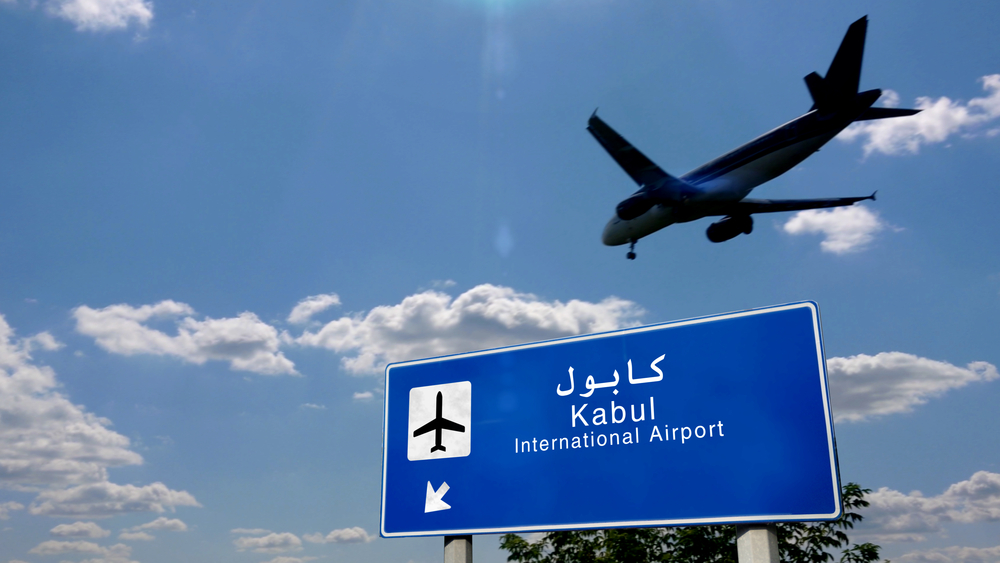Afghan guards to take legal action over refusal to evacuate them

Afghan interpreters who protected the Dutch embassy in Kabul before the Taliban takeover of their country in 2021 say they will take legal action to force the government to resettle them in the Netherlands.
The guards say their lives are at risk because they are regarded by the Taliban as having co-operated with the enemy, but last September the government cancelled a plan by the previous cabinet to offer them protection and a permanent home.
Lawyers for the guards wrote to the foreign affairs ministry saying they would begin legal proceedings unless the government agreed in the next three weeks to “make a commitment to bring our clients to the Netherlands and discuss with us how to implement it in practice.”
The ministry confirmed it had received the letter and was working on a response.
Interpreters who worked with the Dutch government were evacuated from Kabul when the Taliban seized the city in August 2021 following the withdrawal of US-led troops.
Security guards were initially not included in the evacuation, with the government arguing that they were not directly employed by the Dutch state. But the former government agreed to extend the evacuation scheme under pressure from opposition parties.
Family members
Last September the ministers for defence, asylum and foreign affairs reversed the decision, arguing that as many as 4,500 Afghans could be eligible for protection under the scheme, including the guards’ family members.
Afghanistan veterans and representatives of the guards strongly disputed the numbers, pointing out that less than 200 applications have been received and the number is not expected to grow significantly.
The lawyers also disputed the government’s claim that the Dutch state was not responsible for the security guards’ well-being because they were employed via a third party.
“We see that the state was involved in the smallest details of the guards’ work on a daily basis,” lawyer Kees Saarloos told Nieuwsuur. “That shows that these people weren’t just hired and carried out their work remotely, but that their company was part of the state.”
“Not in danger”
Foreign affairs minister Casper Veldkamp argued there were no indications that the guards were in danger, but Saarloos said that was contradicted by evidence given to MPs during a roundtable discussion in The Hague last autumn.
“Parliamentary documents say that cannot be verified because there are no Dutch diplomats left,” he said. “As far as we are concerned it is clear that our clients are in danger and threatened by the Taliban. Even before the fall of Kabul the Taliban explicitly branded guards who worked for western countries as the enemy.”
The refusal to give sanctuary to Afghans who risked their lives for the Netherlands has angered veterans, who have accused the government of leaving them to their fate.
Hein van Rijckevorsel, who was second in command of a Dutch base in Uruzgan, told Dutch News last year: “They’re living in constant fear of being seized by the Taliban … These people are ostracised because of their loyalty to us.
“Think about how we behaved towards collaborators in the war. In the eyes of the Taliban they’ve colluded with the enemy.”
The national ombudsman, Renier van Zutphen, also weighed into the row, saying the guards could have a legal case against the government because they had previously been promised protection.
He described the letter by the three ministers explaining why they had made a “different assessment” of the guards’ situation as a “violation of human rights”.
Thank you for donating to DutchNews.nl.
We could not provide the Dutch News service, and keep it free of charge, without the generous support of our readers. Your donations allow us to report on issues you tell us matter, and provide you with a summary of the most important Dutch news each day.
Make a donation